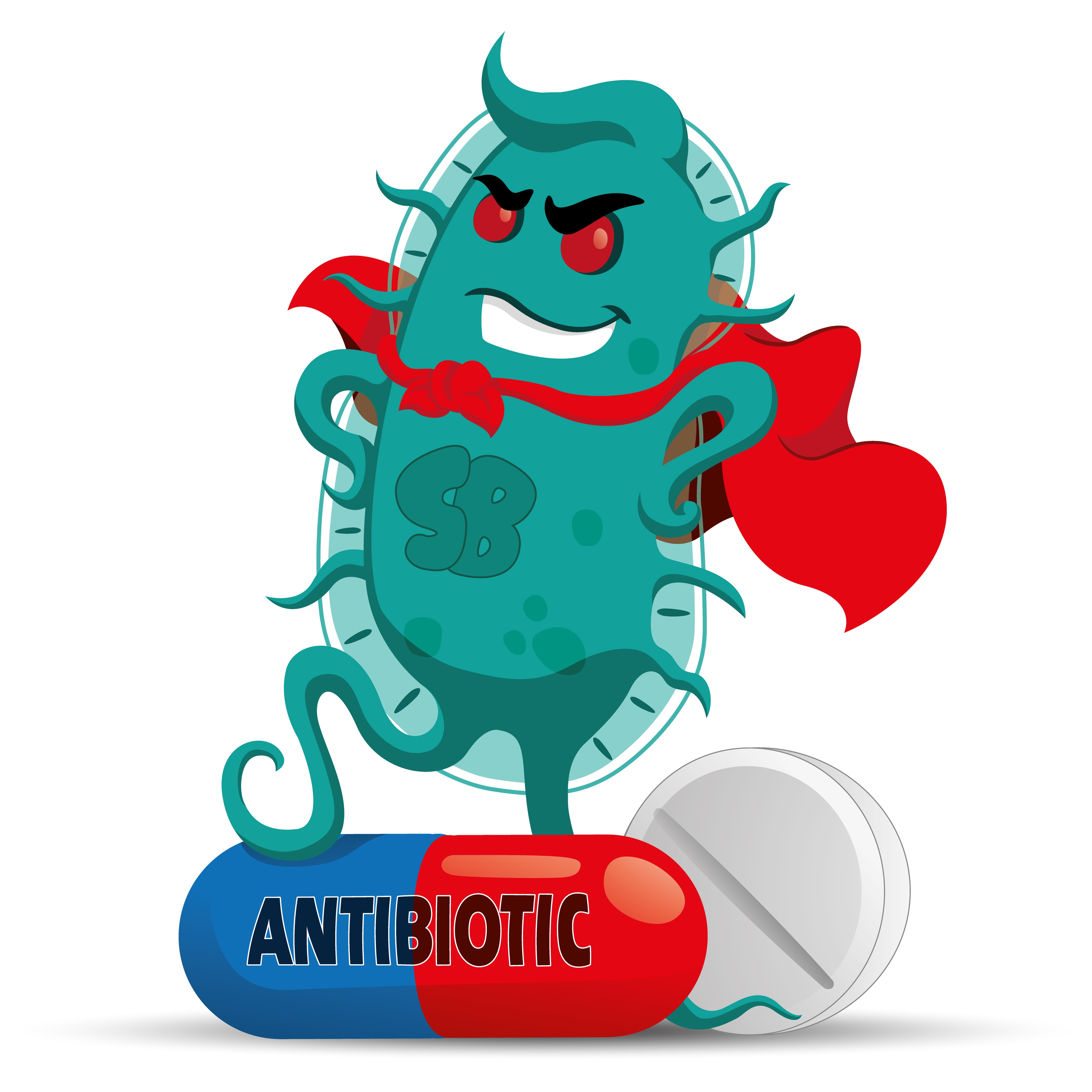How the Mismanagement of Common Resources May Affect all Living Things
April 7, 2023

Reflections from the Interfaces of Global Change Graduate Seminar
In this post, I'll be talking about how issues brought on by a small number of people could impact a sizable or the entire population. William Forster Lloyd, an economist, first described the ‘tragedy of the commons’ in 1833 as an instance in which people who have access to a shared resource (also known as a common) act selfishly and ultimately deplete the resource [1]. The commons are things that we all own jointly and that are neither privately owned nor controlled on our behalf by the government. Forests, fisheries, oil fields, grazing lands, irrigation systems, and other resources are examples of common resources.
Elinor Ostrom proposed that common resources be managed and serviced by all users, rather than the government or private sectors [2]. For this to be realistic and effective, she drew up a list of principles for running the commons [3], which includes clearly establishing the group boundaries (and effectively excluding unqualified external parties) as well as the contents of the common pool resource; appropriation and distribution of common resources tailored to local conditions; collective-choice structures that allow the majority of resource appropriators to participate in decision-making; monitoring that is effective by monitors who are part of or accountable to the appropriators; a progressive punishment scale for resource appropriators who breach community norms; conflict resolution mechanisms that are inexpensive and simple to use; community self-determination recognized by higher-level authorities; and commons work best when nested within larger networks. In this post, I will focus on climate change and antimicrobial resistance as issues associated with "the commons" and how they could have effects on the global population of humans and other living things.
Climate change has made it harder for both people, animals, plants, and fungi to survive. Droughts that are more frequent as well as extreme storms, heat waves, rising sea levels, melting glaciers, and warmer oceans can all directly injure organisms, destroy the habitats they rely on for survival, and have a disastrous impact on people's way of life and communities. Because developed countries are mostly responsible for greenhouse gas emissions, which are responsible for climate change and global warming, it's crucial to consider how different nations have historically produced greenhouse gases and how carbon-negative nations like Bhutan are affected by this universal warming [4]. Bhutan was the first country in the world to have a negative carbon footprint, but the country now bears the repercussions of the acts of other countries, both near and far from its boundaries. Its glaciers are melting quickly as temperatures rise, raising water levels in glacial lakes and increasing the likelihood of an outburst flood [5]. The world's biggest carbon emitters must take quick action and responsibility to stop climate change from getting worse. Just as Elinor Ostrom stated that common resources should be managed by all users, not just the world's largest carbon emitters must consider taking swift action to avert climate change, but every individual must take responsibility for their actions because we will all bear the consequences. Each of us must be responsible for preserving the climate and the environment through our own activities.

Similar to how climate change affects both humans and other living things, antimicrobial resistance impacts both humans and animals. The failure of antibiotics to treat bacterial infections is known as antimicrobial resistance (AMR). Sir Alexander Fleming, who discovered the world's first known antibiotics, warned in 1945 that improper or excessive use of antibiotics could cause bacteria to become resistant [6]. Sir Alexander Fleming's prognosis has already come true, which is unsurprising and troubling at the present time. Across the globe, AMR has been linked to several fatalities [7]. In 2050, it is predicted that AMR will surpass cancer as the major cause of death [8].
Most antibiotics are used in agriculture in some nations to increase animal development. Antibiotic overuse is widespread in some nations where buying them does not require a prescription from a doctor. Additionally, this leads to the incorrect use of antibiotics for viral illnesses. The abuse and overuse of antibiotics by some individuals may be responsible for the spread of AMR from human to human, human to environment, animal to environment, and human to environment which is affecting all of us. Lastly, due to the transfer of antimicrobial resistance genes from person to person, food to person, and environment to person, it is possible to be resistant to antibiotics even without taking them. Because the overuse of antibiotics is the main contributor to the deadly antimicrobial resistance that affects us all, we must all take responsibility for our actions and view the use of antibiotics as a common resourc
It is evident how the acts of a group of people may cause issues for the masses or the entire population. When utilizing common resources, it is necessary and essential to consider our activities and their potential effects on others. Finally, we must all protect and appropriately manage our common resources, as seen in the two above cases of climate change and antimicrobial resistance. We cannot rely solely on the government to take care of them, as we would all bear the repercussions.
REFERENCES
[1] “Tragedy of the Commons: Examples & Solutions | HBS Online,” Business Insights Blog, Feb. 06, 2019. https://online.hbs.edu/blog/post/tragedy-of-the-commons-impact-on-sustainability-issues (accessed Feb. 12, 2023).
[2] J. Williams, “Elinor Ostrom’s 8 rules for managing the commons,” The Earthbound Report, Jan. 15, 2018. https://earthbound.report/2018/01/15/elinor-ostroms-8-rules-for-managing-the-commons/ (accessed Feb. 12, 2023).
[3] E. Ostrom, Governing the commons: the evolution of institutions for collective action. Cambridge ; New York: Cambridge University Press, 1990.
[4] “How did Bhutan become the first carbon negative country? | Climate Council.” https://www.climatecouncil.org.au/bhutan-is-the-world-s-only-carbon-negative-country-so-how-did-they-do-it/ (accessed Feb. 12, 2023).
[5] “Bhutan: Why we need climate action to avert glacial lake outburst floods,” World Economic Forum, Nov. 01, 2022. https://www.weforum.org/agenda/2022/11/cop27-climate-change-action-avert-glacial-melting-in-bhutan/ (accessed Feb. 12, 2023).
[6] “Alexander Fleming Discovery and Development of Penicillin - Landmark,” American Chemical Society. https://www.acs.org/content/acs/en/education/whatischemistry/landmarks/flemingpenicillin.html (accessed Nov. 29, 2022).
[7] M. Ferri, E. Ranucci, P. Romagnoli, and V. Giaccone, “Antimicrobial resistance: A global emerging threat to public health systems,” Crit. Rev. Food Sci. Nutr., vol. 57, no. 13, pp. 2857–2876, 2017, doi: 10.1080/10408398.2015.1077192.
[8] S. M. Hartinger et al., “Antimicrobial resistance in humans, animals, water and household environs in rural andean peru: Exploring dissemination pathways through the one health lens,” Int. J. Environ. Res. Public. Health, vol. 18, no. 9, 2021, doi: 10.3390/ijerph18094604.
-----------------------------------------------------------------------------







